Five minutes into this concert, at that stage a polite cello and piano duo, there was a raucous bellowing from the rear, so loud that the front stalls leapt. The delicate cello spiccato continued, despite the persistent bellowing. Gradually, the musicians adapted to the new sound, and to widespread astonishment, Senegalese singer Mola Sylla, chanting in Wolof, descended through the stalls onto the stage.
It was shamelessly theatrical, but it set the tone for a highly original and technically skilful performance, if also self-consciously provocative, sometimes to the edge of self parody. Pianist Harmen Fraanje held everything together, combining melody, minimalism, abstraction, and improvisation in a heady flux. Sylla chanted - his words are always improvised - and played m’bira (a hide-backed African banjo), kongoma (a kind of thumb piano set in a wooden case that also serves as a hand drum) and a range of African percussion. The overall effect was truly extraordinary, the sound both spiritual and earthy, homely and menacing.
The dominant figure was always the flamboyant Reijseger, who coaxed the cello into an extraordinary range of sounds, sometimes holding the instrument horizontally and plucking it like a cumbersome guitar (in a bizarrely effective duo with Sylla’s m’bira), and using the body as a percussion instrument. Reijseger is well known across Europe, and has scored several films for the German director Werner Herzog, who believes he “could play the American Civil War on his cello”. The band’s recent album, Down Deep, has been admiringly received everywhere but the UK. They surely merit more attention here.
The second set offered an equally satisfying, if less surprising, musical experience. Norwegian double bassist Arild Andersen, a key figure in Nordic jazz, has been recording on the landmark German label ECM for decades. His quintet shows off pan-European expertise, with Scottish saxophonist Tommy Smith, Polish pianist Marcin Wasilewski, French drummer Patrice Heral and Swiss flugelhornist Matthieu Michel.
After an opening of tranquil, amplified bass, they set off post-bopping at breakneck pace, Heral and Andersen (a superb drum and bass partnership throughout) driving the rhythm, with Wasilewski offering intricate harmonic decoration, while Smith and Michel duelled. Their duos were a key sound, the meatiness of both instruments creating a really gutsy, thrusting melodic line.
Andersen, Heral and Wasilewski all gave solos of stellar quality, though the pick, marginally, was Smith, whose tenor sax tone offered effortless variety, roaring, yelping and crying as he soared through the harmonies. Smith also had a solo on shakuhachi (Japanese bamboo flute), bathing the hall momentarily in tranquility.
Towards the end of the set the pace relaxed, and the mood became lyrical and tender, the golden loveliness of Andersen’s bass tone coming through more prominently, especially during his duos with Heral, as the drummer struck with his hands. Finally, just as the audience was mellowing, Heral erupted in a volcanic passage of beatboxing, which was sampled, and played back to the accompaniment of his own drumming.
Andersen’s group, formally quite traditional, was scintillating in the sheer quality of their playing; Reijseger’s trio, gave the whole trio form a visceral and compelling shake. It was inspired programming, highlighting both the quality and diversity of the contemporary European scene.
- Ernst Reijseger is performing during the Beyond Cello week at Kings Place on 9 March 2014 (Hall Two, 4pm)

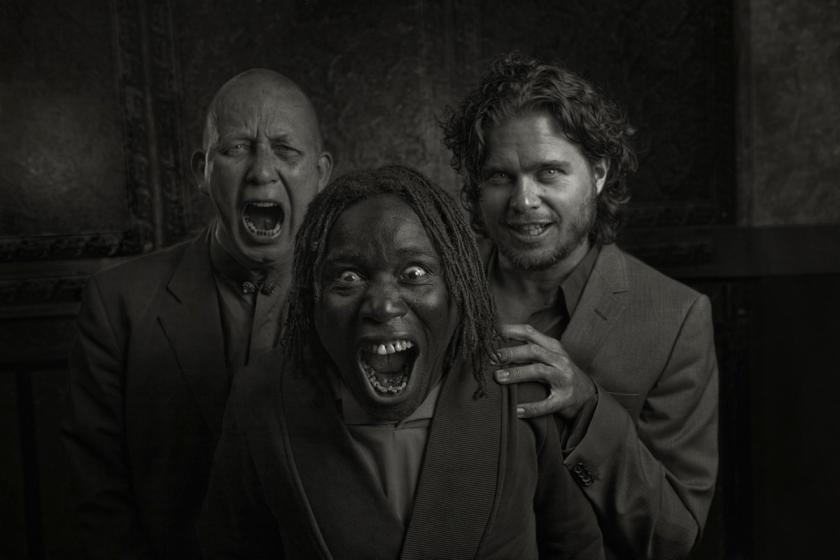
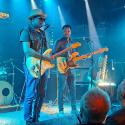


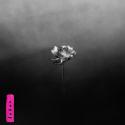
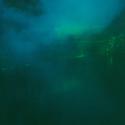
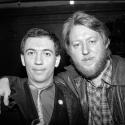
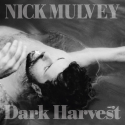
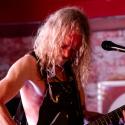
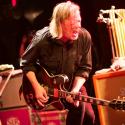
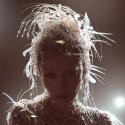
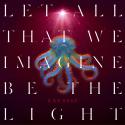
Comments
Add comment